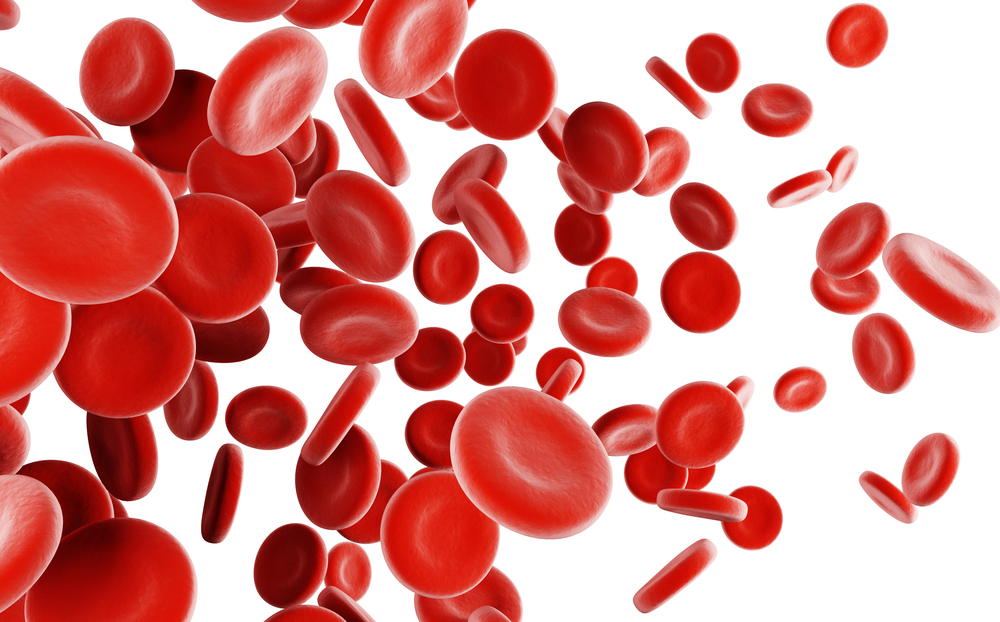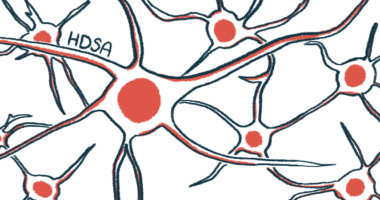Blood Samples May Help Track Disease Progression in Huntington’s Patients

Blood samples may be crucial in tracking brain changes that occur in people with Huntington’s disease, a new study finds. Researchers also report that Huntington’s and Alzheimer’s patients have certain inflammatory mechanisms in common, suggesting a potential for shared therapeutic approaches.
The study, “Huntington’s disease blood and brain show a common gene expression pattern and share an immune signature with Alzheimer’s disease,” appeared in the journal Scientific Reports.
Huntington’s disease is caused by mutations in the gene that gives rise to the huntingtin protein (HTT), which causes neuronal loss. Mutant HTT, however, is not exclusive to the brain and can also be found circulating in the blood, alongside faulty cells. This led researchers to wonder whether blood samples could help follow changes in the brain accompanying Huntington’s disease progression.
To test this hypothesis, the team used modern genetic techniques to investigate gene expression in blood samples from two groups of patients, then compared the results with those obtained in brain studies.
Results showed that gene expression changes did not differ significantly between disease stages. However, researchers identified gene sets that were differently expressed in the blood and that correlated with disease severity. This included increased expression of immune-related genes and decreased expression of genes associated with energy production and DNA repair.
Importantly, these changes were similar to those observed in previous studies with striatum neurons, the most affected in Huntington’s disease, and other brain regions.
“[Huntington’s disease] research has focused on the brain as the most conspicuous clinical features can be clearly linked to progressive degeneration of specific brain regions,” researchers wrote. “However, [Huntington’s disease] is a [global] condition with … expression of mutant huntingtin directly driving abnormalities such as immune dysfunction, metabolic derangement and transcriptional dysregulation that contribute to onset, progression, quality of life and mortality.”
Another interesting finding was that genes associated with immune system activity were present in notably high levels, which overlapped with the genetic signature of Alzheimer’s disease in the brain. This suggests these two distinct neurodegenerative diseases share some common pathogenic mechanisms, researchers said. “Improved understanding of these mechanisms may open the way to therapeutic targets in these currently incurable diseases.”
Huntington’s, a hereditary disease that destroys neurons in areas of the brain involved in movement, intellect, and emotions, affects one in every 10,000 persons — or nearly 30,000 in the United States — according to experts.






